Melden Sie sich bei getAbstract an, um die Zusammenfassung zu erhalten.
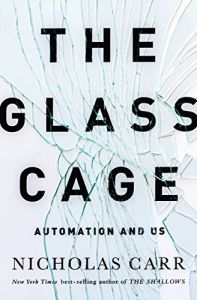
Melden Sie sich bei getAbstract an, um die Zusammenfassung zu erhalten.
Nicholas Carr
The Glass Cage
Automation and Us
W.W. Norton, 2014
Was ist drin?
Today’s super-smart technology can make you dumber.
Recommendation
The provocative, best-selling technology writer Nicholas Carr argues that automation, for all its benefits, exacts hidden costs. He recalls airline crashes that resulted from pilots losing their edge as skilled fliers due to their excess dependency on autopilots. He sees other downsides, too, such as the way GPS navigation software engenders driver laziness and disconnection from the surrounding geography. Some reviewers describe Carr as a postmodern Luddite, but he comes across more as a selective contrarian than a full-fledged technology hater. Carr is an entertaining writer and his musings are a joy to read. getAbstract recommends his treatise to business leaders, investors, entrepreneurs, futurists, techno-geeks, and anyone seeking an alternate look at the always-evolving technology landscape.
Summary
About the Author
Nicholas Carr is author of The Shallows – a Pulitzer Prize finalist – The Big Switch and Does IT Matter? His work has appeared in The Atlantic, The New York Times and Wired.










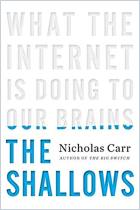
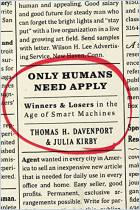


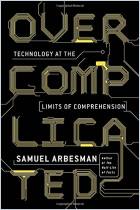
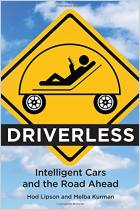



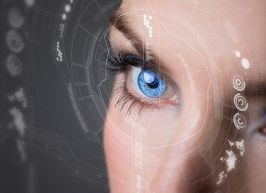
Comment on this summary